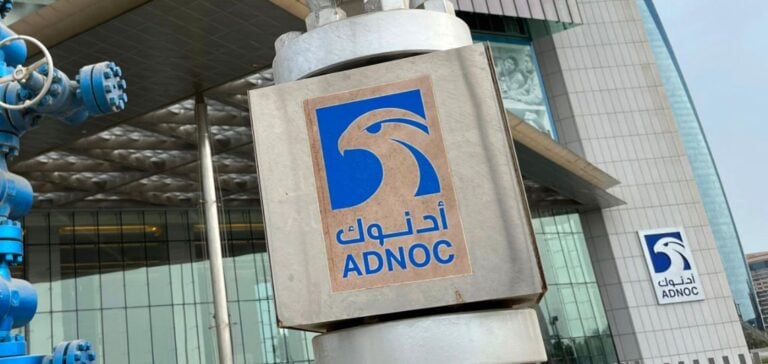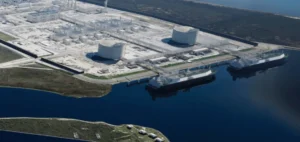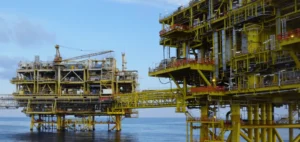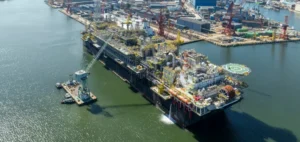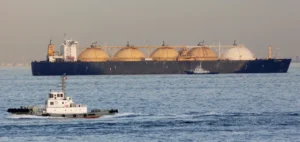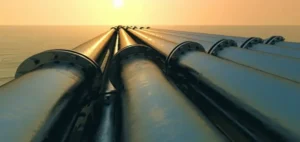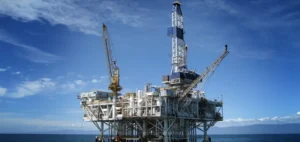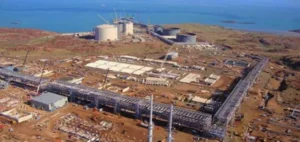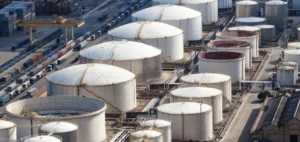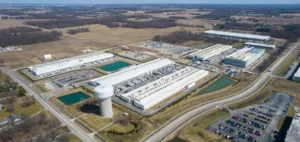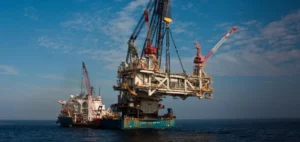ADNOC Gas’s robust financial results for Q3 2024 affirm the company’s growth momentum. With a net profit up 11% to $1.24 billion, the company exceeded market consensus forecasts, further solidifying its position in the global gas industry.
Quarterly revenues reached $6.28 billion, marking the fourth consecutive quarter above the $6 billion threshold. This performance stems from increased sales volumes and favorable pricing for exported liquids. EBITDA rose 18% year-on-year to $2.205 billion, maintaining a stable margin of 35%. Free cash flow amounted to $1.184 billion.
An Updated Growth Strategy
ADNOC Gas’s board has approved a new growth strategy aiming to boost EBITDA by more than 40% by 2029. This ambition is backed by $15 billion in investments for the 2025–2029 period, an upward revision from previous forecasts.
According to Ahmed Alebri, ADNOC Gas CEO, this strategy incorporates decarbonization initiatives and major project developments, including MERAM, IGD-E2, and Ruwais LNG. These projects, expected to come online by 2029, will expand gas processing and production capacities to meet the growing demand in the UAE and international markets.
Strong Domestic Demand Growth
In the UAE, gas demand is projected to grow by 6% annually until 2030, exceeding earlier forecasts. This growth is driven by population increases, industrial expansion, and emerging sectors such as AI data centers and the food industry.
To support this surge, ADNOC Gas plans to strengthen its infrastructure while maintaining strict capital discipline. This includes transferring key projects, such as the ESTIDAMA gas pipeline network, to other ADNOC Group entities while retaining operational management.
Long-Term Outlook
ADNOC Gas’s growth strategy extends beyond 2029 with the development of large-scale projects like Bab Gas Cap, aimed at expanding gas processing capacities. These initiatives support the UAE’s energy transition while positioning ADNOC Gas as a key player in the sustainable global gas industry.

